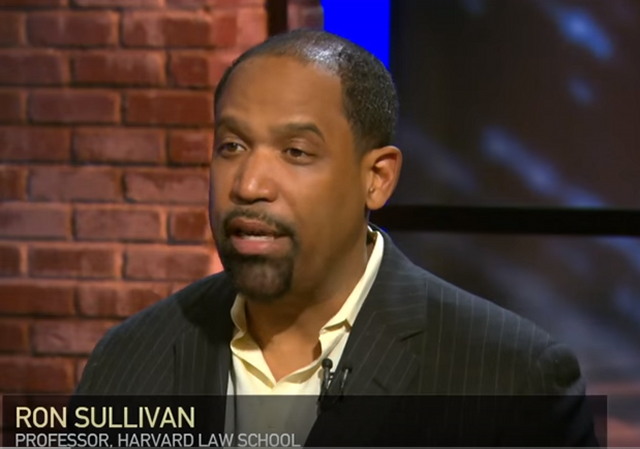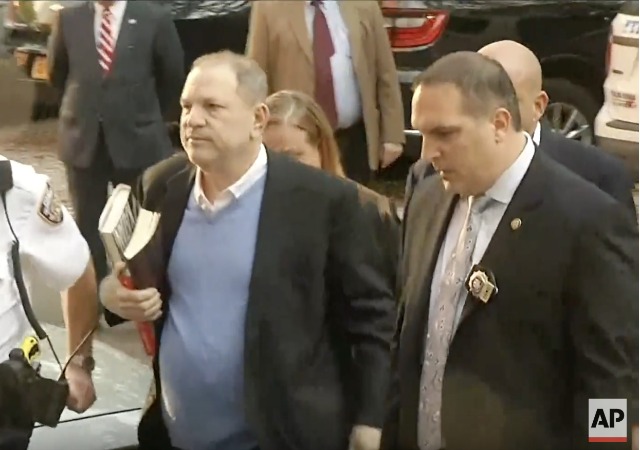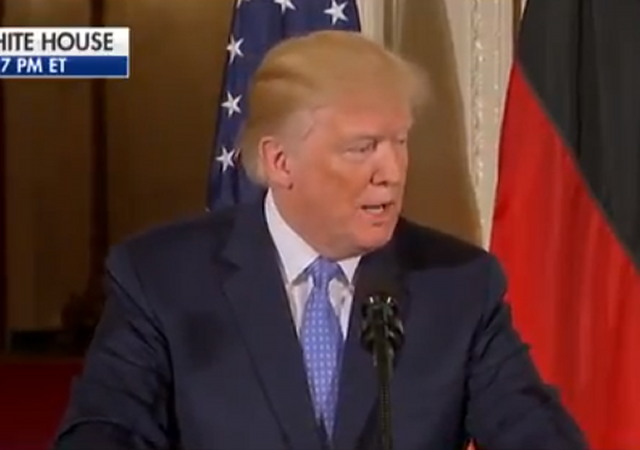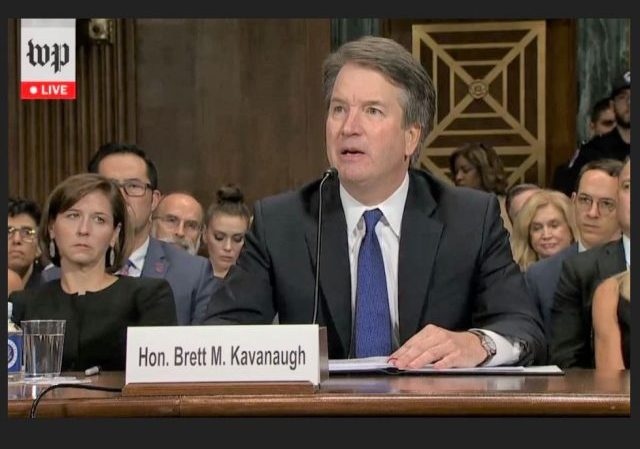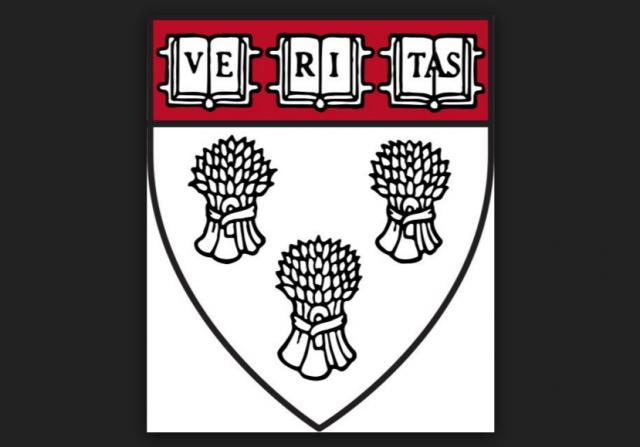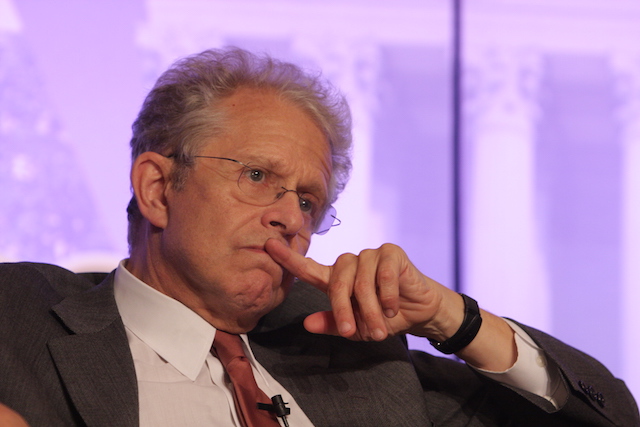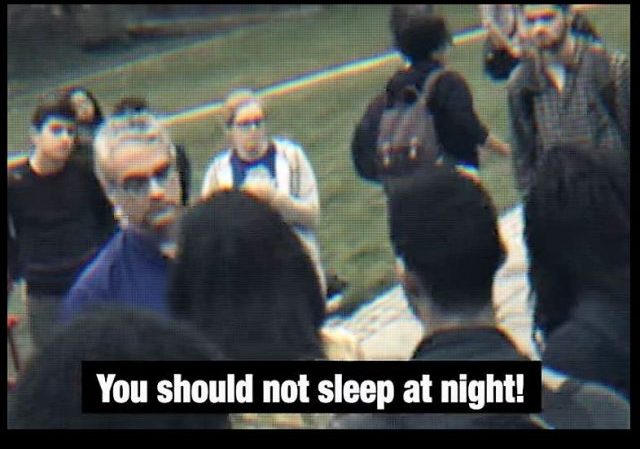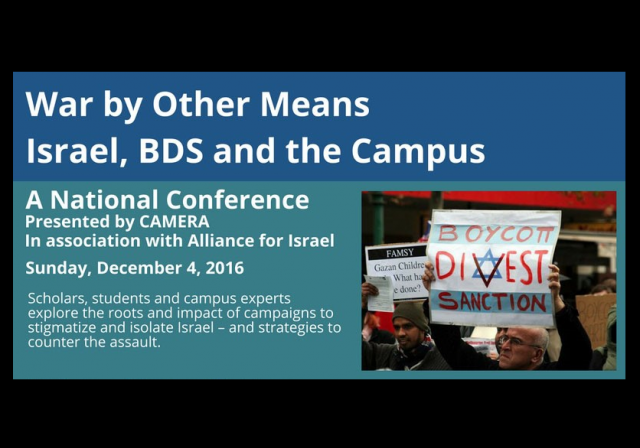Harvard Law Tag
Harvard Students Call for Firing of Law Prof for Representing Harvey Weinstein
Harvard Law Prof Defends Decision to Represent Harvey Weinstein
“every citizen charged with a crime is cloaked with the presumption of innocence”...
Harvard Law Course Will Examine Ways to ‘Push Back Against’ Trump Strategies
"Constitutional Strategies For the McConnell/Trump/Kavanaugh Era”...
Harvard Students File Title IX Complaints to Prevent Kavanaugh From Teaching Course
Harvard Law Students Support Nationwide ‘Prison Strike’
"attendees demanded reforms at federal and state prisons"...
Harvard Law Prof Wants to Lower Voting Age to 16
“Teens between 14 and 18 have far better BS detectors"...
Harvard Law Prof Says #MeToo Movement Endangers Consensual Relationships
"due process may be in danger of being thrown out"...
Harvard Law Profs Claim Trump Exhibits all the Criteria of an Authoritarian
"shows only a weak commitment to democratic rules"...
Harvard Law Acknowledges Ties to Slavery With New Plaque
“We should not hide that fact nor hide from it”...
Harvard Law Establishes Professorship to Honor Antonin Scalia
“Justice Scalia had a singular impact on statutory analysis and legal thought."...
Harvard Law School’s Choice for New Dean Draws Praise From Conservatives
“This is a fantastic choice”...
Why is Harvard Law Prof. Larry Tribe spreading conspiracy theories?
A reputation is a terrible thing to waste....
The new Cultural Revolution on Campuses
Harvard Law to Accept Applicant GRE Scores in Place of LSAT for Diversity
"moving to open its doors to a larger, more diverse pool"...
Harvard Law Prof. Lawrence Lessig wants Electoral College to go rogue for Hillary
Conventional wisdom tells us that the electoral college requires that the person who lost the popular vote this year must nonetheless become our president. That view is an insult to our framers. It is compelled by nothing in our Constitution. It should be rejected by anyone with any understanding of our democratic traditions — most important, the electors themselves.... In this election, the people did not go crazy. The winner, by far, of the popular vote is the most qualified candidate for president in more than a generation. Like her or not, no elector could have a good-faith reason to vote against her because of her qualifications. Choosing her is thus plainly within the bounds of a reasonable judgment by the people.
Speaking at Harvard Law on December 4: War by Other Means
Harvard Law Dean prevents student newspaper from publishing her interview
Better luck next time....
Donations tax deductible
to the full extent allowed by law.
CONTRIBUTORS
- William A. Jacobson
Founder
- Kemberlee Kaye
Sr. Contrib Editor
- Mary Chastain
Contrib Editor
- Fuzzy Slippers
Weekend Editor
- Mike LaChance
Higher Ed
- Leslie Eastman
Author
- Vijeta Uniyal
Author
- Stacey Matthews
Author
- Jane Coleman
Author
- James Nault
Author
- Mandy Nagy
Editor Emerita
- Learn more about the Contributors

